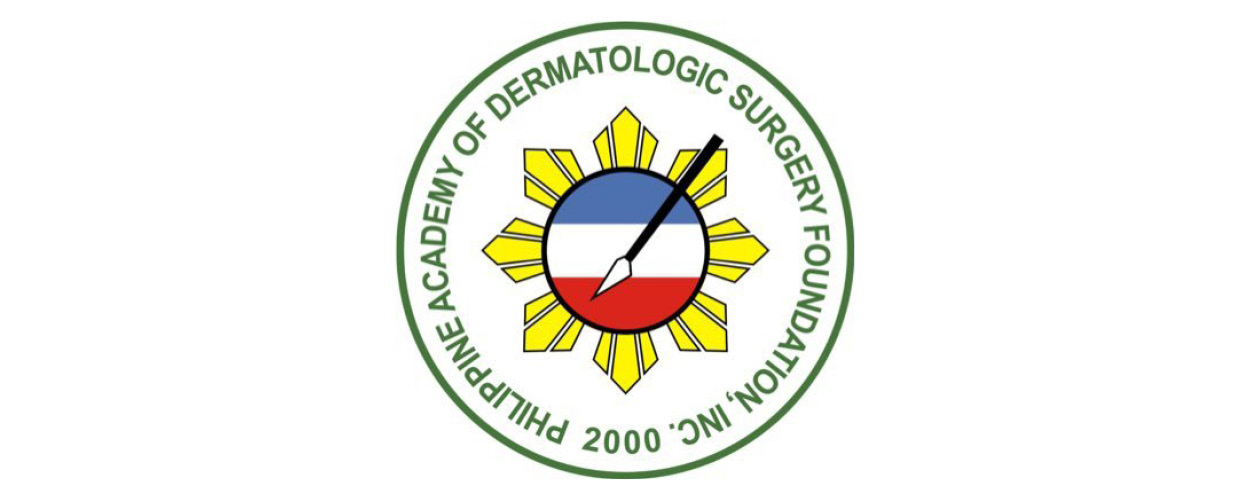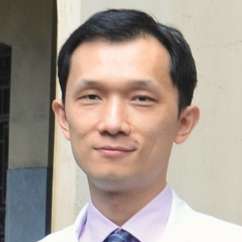GO BACK
IMCAS Asia 2021
IMCAS Asia 2021
Program
Adapt the schedule of the livestreamed class/congress to your time zone
Time zone reference: (UTC+08:00) Asia, Shanghai
Lectures of the session
| Hours | Speakers | Lecture title | Abstract | Number |
| 18:00 | Welcome message from the president of PADSFI | 109633 | ||
| 18:05 | Platelet Rich Plasma in dermatology - Literature update | 111767 | ||
| 18:17 | PRP in cosmetic dermatology | View | 110339 | |
| 18:29 | New frontiers in cellular and sub-cellular in aesthetic medicine and plastic surgery | View | 110368 | |
| 18:41 | Autologous fibroblasts for facial rejuvenation | 109332 | ||
| 18:53 | Clinical application of adipose-derived stem cells for tissue regeneration | View | 109634 | |
| 19:05 | Enriched nanograft in gynecology: basic research and clinical applications | View | 110237 | |
| 19:17 | Chair questions for speakers | 109637 | ||
| 19:37 | Q&A with the audience | 109641 | ||


















